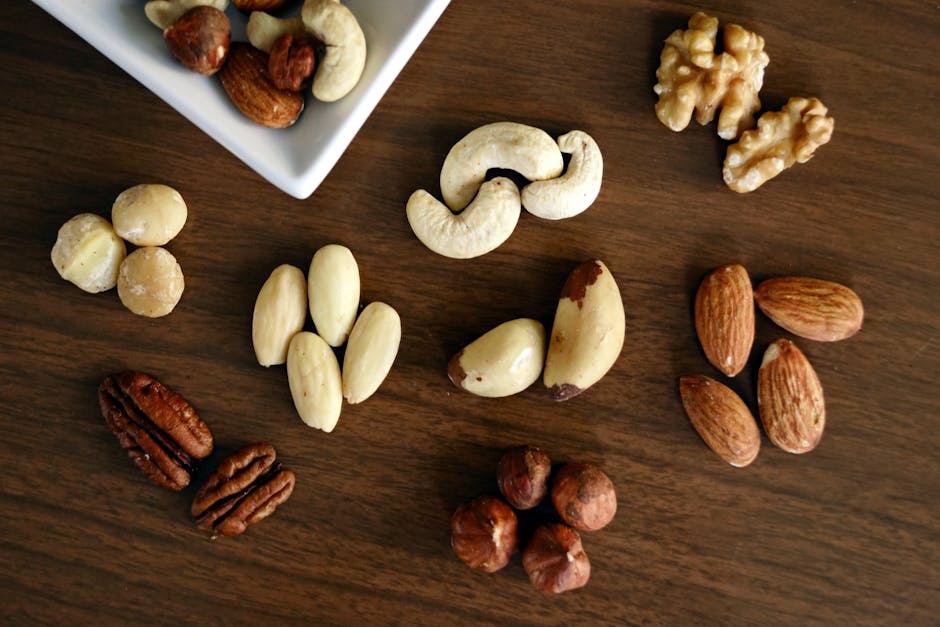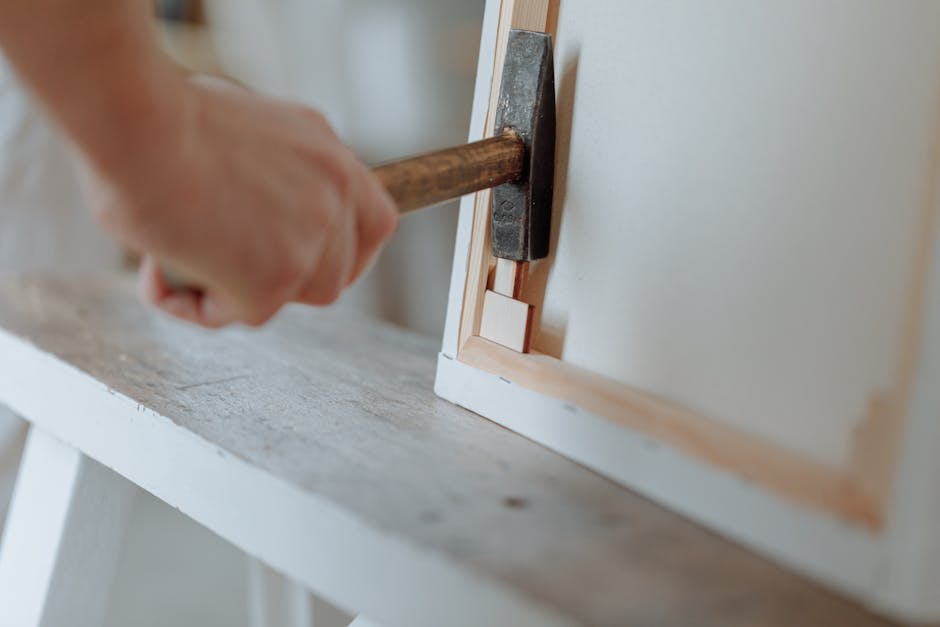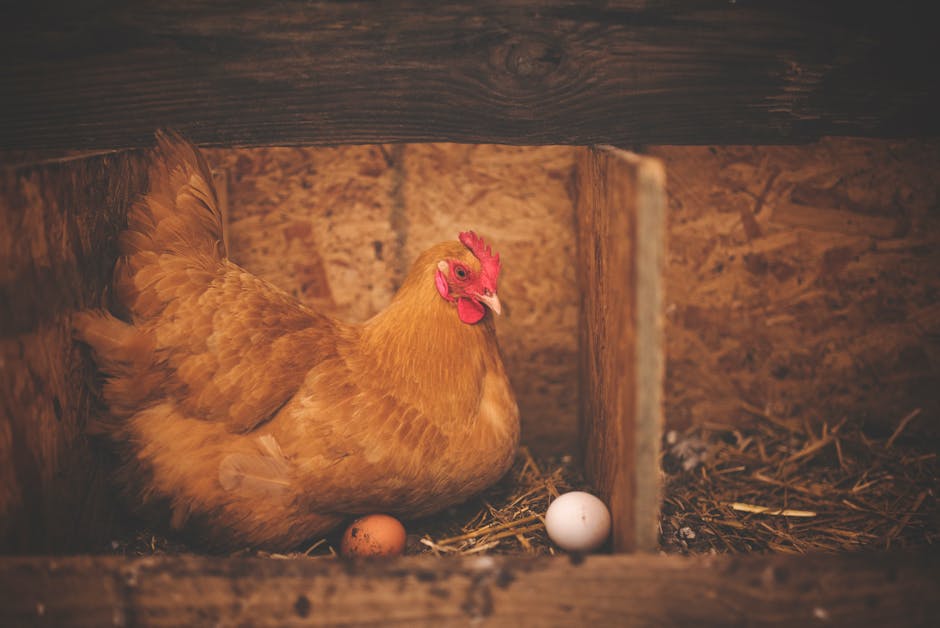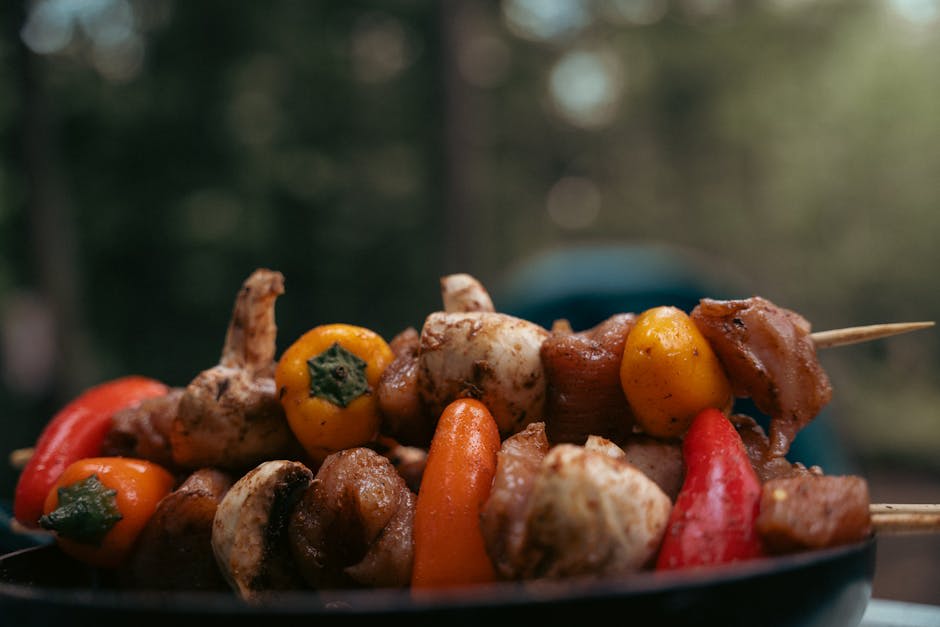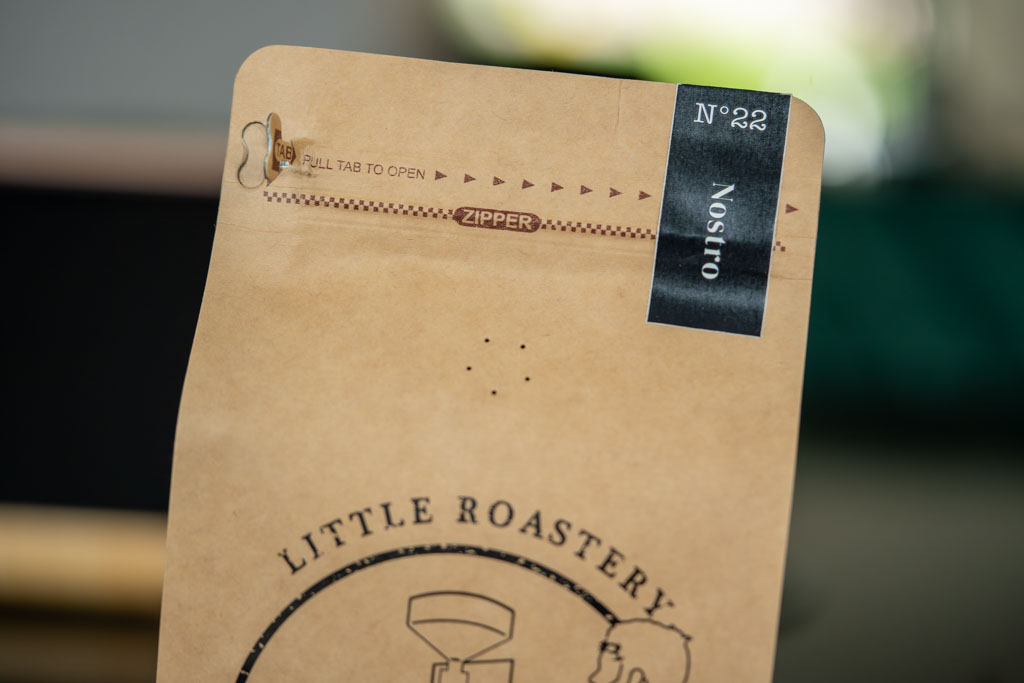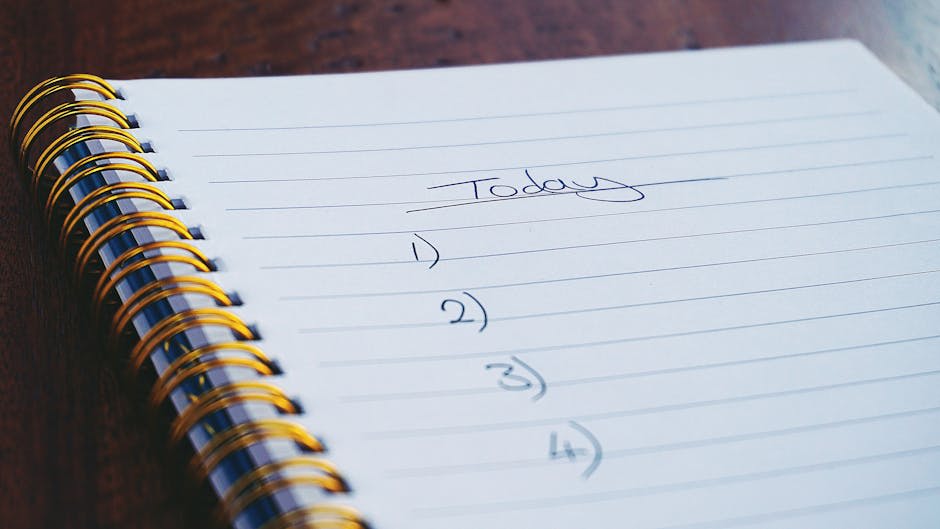Developing a weekly meal prep routine can save time, money, and promote healthier eating habits. Follow this guide to start your meal prep journey today.
Ideal conditions
Best time of the day
Weekend mornings or afternoons
Suggested age
18 and above
Best weather conditions
Any
Budget
Between 0 and 50 euro
Bookmark this guide for later use, or better: Add it to your agenda!
Estimated duration: 1 day
Last editted on: 09-09-2024 20:59
Start Your Meal Prep Routine Today!
Make sure to add this project to your agenda and share it with someone who would enjoy refining their meal preparations!
1. Set Your Meal Prep Goals
Begin by determining what you want to achieve with meal prepping. Do you want to save time during the week, eat healthier, or reduce food waste? Identifying your primary goals will help you craft a plan that's tailored to your needs. Write down your objectives to keep yourself motivated.
2. Plan Your Meals
Write a detailed plan of what you will eat for each meal during the week. Choose recipes that fit your dietary preferences and are easy to prepare in bulk. Aim for a balance of proteins, grains, and vegetables. It might be helpful to select a theme for each day, such as ‘Meatless Monday’ or ‘Taco Tuesday’ for creativity.
- Breakfast: Overnight oats or egg muffins
- Lunch: Grilled chicken salads or quinoa bowls
- Dinner: Stir-fry or slow cooker meals
3. Create a Shopping List
Based on your meal plan, list all the necessary ingredients. Check your pantry for items you already have to avoid unnecessary purchases. Try to stick to your list while shopping to avoid impulse buys that exceed your budget.
4. Pick a Meal Prep Day
Decide on a specific day of the week to do your meal prep. This is usually best done on a day when you have some free time, such as a Sunday or Monday evening. Consider your schedule and choose a day you'll be least rushed.
5. Cook and Portion Your Meals
Prepare all your meals at once, starting with those that take the longest. Investing in good food storage containers, such as glass ones, can help keep your meals fresh throughout the week. Divide each meal into portions based on your daily needs and store them in the refrigerator or freezer as appropriate.
6. Keep It Consistent
Once you've set your meal prep routine, the key is maintaining consistency. Evaluate what works and what doesn’t and make necessary adjustments. Stick to your routine each week to ingrave this efficient habit into your lifestyle.
Plan this experience
Discover the world beyond this screen. Play, try, and be yourself. Take the next step with PlayTryBe and bring your interests to life.



